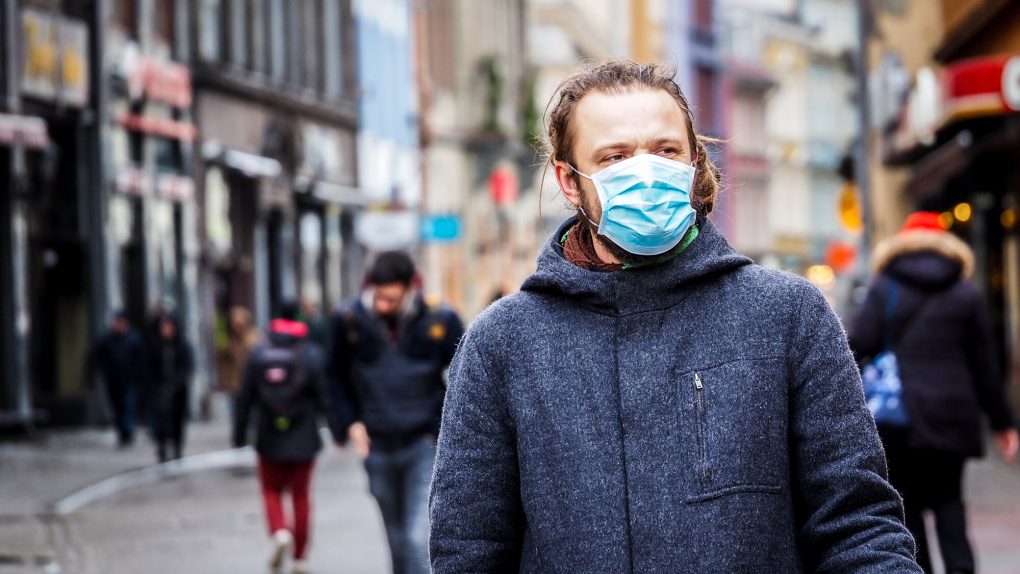- With two effective coronavirus vaccines in the pipeline, a top UBS economist believes that coronavirus infections in the U.S. could approach near-zero by June.
- Effectively combatting the coronavirus will require all Americans to take a vaccine.
- Dr. Fauci recently said that Trump’s refusal to accept the U.S. election results could delay the availability of a coronavirus vaccine.
The coronavirus pandemic in the U.S. has killed hundreds of thousands, decimated whole parts of the U.S. economy, and has otherwise turned life completely upside down. To date, the U.S. has seen more than 11.2 million coronavirus cases and nearly 250,000 deaths.
There is, however, some light at the end of the tunnel. In the span of just about a week, both Pfizer and Moderna announced new vaccines that are 90% and 94.5% effective at preventing the coronavirus, respectively. Moderna’s vaccine is particularly encouraging to the extent that it doesn’t need to be stored at freezing temperatures, can be stored for up to 30 days, and is effective at preventing severe symptoms even when an infection strikes.
Today’s Best Deal

Once Pfizer and Moderna receive an Emergency Use Authorization (EAU) from the FDA, it won’t be long before the vaccine will be able to be administered to the public at large. As Pfizer detailed in its press release last week, it’s hoping to receive an EAU either this week or next.
It’s also encouraging that dosing doesn’t appear to be an issue, with Pfizer noting that it expects to “produce globally up to 50 million vaccine doses in 2020 and up to 1.3 billion doses in 2021.”
In light of the above, UBS chief economist Seth Carpenter believes that the number of coronavirus infections could approach close to zero over the next six months.
“We might get a situation where reported cases of Covid in the United States fall very close to zero in Q2 of next year,” Carpenter told CNBC a few days ago. “That six-month difference, that two-quarter difference matters a lot, it means an extra 1 to 1.25 percentage point gain in GDP next year.”
And while it might be easy to dismiss an economist’s perspective on the coronavirus, it’s worth noting that Dr. Fauci issued a similarly optimistic projection earlier this week.
“If we get the overwhelming majority of people taking the vaccine and you have on the one hand an effective vaccine and a high degree of uptake of the vaccine,” Fauci said, “we could start getting things back to relative normal as we get into the second and third quarter of the year, where people can start doing things that were too dangerous just months ago.”
In a best-case scenario, life in the U.S. might return to a shade of normal as early as June. This, as Fauci articulated above, is dependant on a majority of Americans actually taking the coronavirus vaccine. And while taking the vaccine might seem like a no-brainer, many people have expressed reluctance due to health concerns. Additionally, a plethora of conspiracy theories and misinformation about the coronavirus, and vaccines in general, might inhibit some people from taking the vaccine.
The next few weeks, with colder weather settling in, will likely cause a huge spike in coronavirus infections and deaths. Looking ahead, we can only hope that both Pfizer and Moderna’s vaccines are as safe and effective in practice as they were in recent clinical trials.








